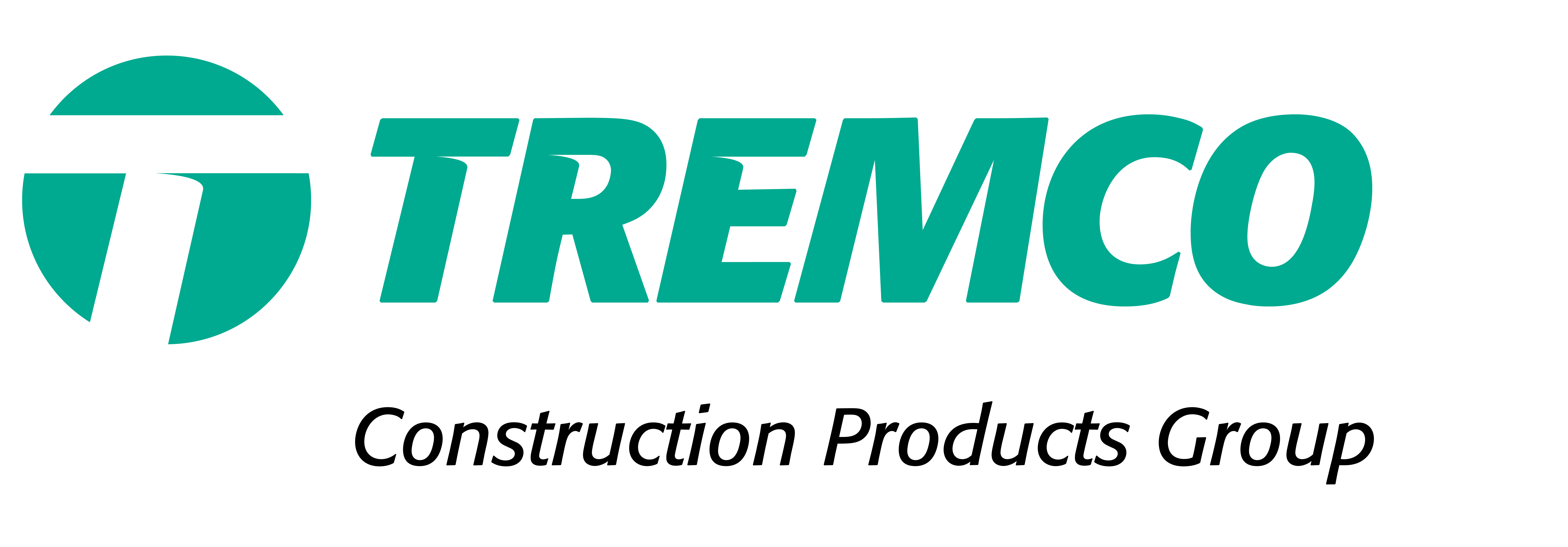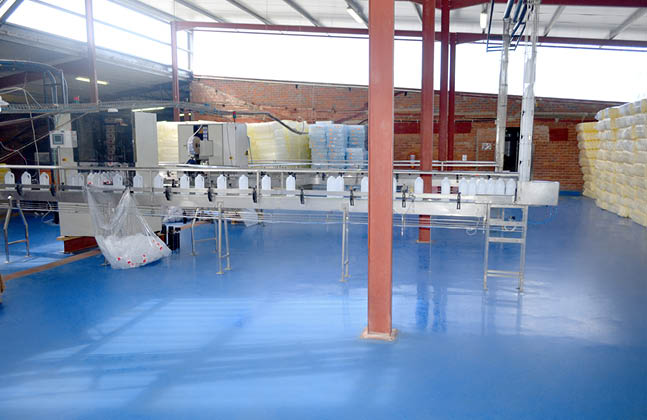Dairy Industry Flooring Advice for World Milk Day
27 May 2015
Flowcrete India has created a whitepaper on common dairy industry flooring issues and solutions to support the message of the United Nations World Milk Day.
Taking place on June 1st 2015, the day will highlight the importance of a creating healthy dairy processing environments. World Milk Day provides an opportunity to focus attention on milk and to publicise activities connected with milk and the milk industry.
As the world’s largest milk producer, this is an especially crucial topic for India’s dairy industry. In 2014 alone 140.6 million tons of fluid milk was produced in India, amounting to roughly 17% of the global total. This figure is up 4.5% on the previous year and the sector shows no signs of slowing down.
To support this growth the industry needs to ensure that it has the right infrastructure, technologies and practises in place to safely and effectively support its ever increasing output. One of the key aspects to consider when developing a new dairy, or refurbishing an existing one, is the floor – as failing to properly consider this part of a dairy farm can lead to a long list of hygiene and productivity problems.
Every day the dairy environment will be subject to traffic from rubber boots, cattle and forklift trucks as well as having to manage heavy machinery, lactic acid spillages and intense cleaning routines. While all this is occurring, the level of cleanliness, animal welfare and employee safety have to be simultaneously accounted for in the on-going operations.
All of these routine factors can potentially cause irreparable damage to the floor and a failing floor will not only affect the movement of people, vehicles and animals across the facility but it could also cause a dangerous hygiene risk. Contaminants can easily accumulate within hard to clean cracks or gaps and this drastically increases the possibility of spoiled products, sick cattle, damaged reputations and a failure to meet the expectations of regulatory bodies.
Flowcrete India has an exclusive partnership with Polygiene® to develop the Flowfresh antimicrobial polyurethane flooring line, which has been designed to help food and beverage facilities achieve the highest possible hygiene standards.
The resin flooring specialist’s polyurethane systems are ideal for dairy processing plants thanks to a robust resistance to the harsh chemicals commonly used in the dairy industry. The polyurethane formulation also protects against cracking in areas subject to high foot and wheeled traffic as well as inside freezers and cold storage rooms or in areas subject to hot water washes.
Unprotected concrete floors are especially at risk of deteriorating when faced with hot water cleaning, as this could eat into the surface layer. The harsh cleaning chemicals required to eliminate dangerous and resilient microorganisms will also damage concrete over time, making it porous and harder to clean.
If a floor coating is not able to cope with the strains of the environment it will start to crack. Substances can penetrate cracks in a floor, which could result in microbial growth and the spread of bacteria from pathogens that are able to thrive in broken flooring. This means that the facility could face an increased contamination risk that the cleaning regime will find difficult to cope with and which could adversely affect the sanitation of the dairy, with the possibility of contaminants entering into the extraction and storage processes.
Liquid from dung, cleaning fluids, lactic acid spillages and many other sources can create substantial excess water in a milking facility. Water ponding can be a serious hygiene concern as it is a prime site for bacterial growth. A non-porous, well drained floor is important to make sure that water does not stagnate and lead to unsanitary conditions.
A resin floor is impervious to water and facilitates draining, allowing for the faster and more effective removal of any unwanted substances or liquid. This is especially important when coping with the large amounts of faecal matter that build up during milking, as blocked dung channels or long standing effluence pose exceptionally dangerous hazards.
Contamination is not the only danger that can stem from excessive water, as slippery conditions pose a risk to the health and safety of any workers or visitors in the area.
Effective draining is also important in tackling slip hazards, but to further decrease the chance of falling, special aggregates can be added into the mixture of a resin floor to create an anti-slip surface, which actively enhances grip underfoot.
ENDS
Enjoy this post? Click below to share it with your network:
Press Contact
For Tremco CPG India's contact details please visit www.flowcrete.in/contact-us or email india@tremcocpg.com.
Notes to Editors
Tremco Construction Products Group(CPG) in India is a market leader in the manufacturing of seamless industrial and commercial resin Flooring solutions, waterproofing, roofing with insulation, systems for joints & durable sealants, admixtures, fibres as well as other specialist construction products & coatings. Tremco CPG India headquartered in Chennai serves expanding business opportunities across the South Asian Construction Chemical Industry.
For more information on the new group, please visit www.tremcocpg-india.in .Kindly drop us an email on india@tremcocpg.com for the any information or assistance.


